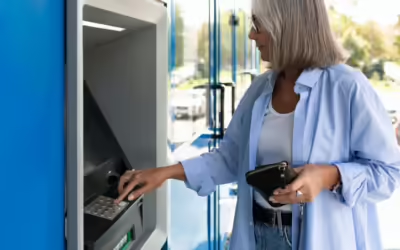One of the biggest mistakes in retirement income is to think that you don’t have enough to ‘worry about’. So you do nothing. It’s ironic, as those who say this are also likely to report that running out of money is their greatest retirement fear.
James Coyle
James has over 35 years experience in financial services with particular expertise in two of the key components of retirement finance - Superannuation and the Age Pension. He is passionate about providing the guidance and support that can help older Australians enjoy their best possible retirement.
He lives in regional Victoria surrounded by dogs and chooks.

September 2024 Age Pension Increases
The twice-yearly Age Pension indexation is due to increase 20 September. This Age Pension increase is much higher than the one that was awarded in March this year ($19.60 for singles and $29.40 for couples).
What is a retirement bonus?
The topic of retirement ‘bonuses’ comes up a lot. It’s one that can also cause a great deal of confusion, which probably comes back to the use of the term ‘bonus’. Receiving a bonus at work usually means you’ve done something extra so you get a reward. That’s not how it works with super fund ‘bonuses’ though. Today we have a short explainer on the way these bonuses actually work.



